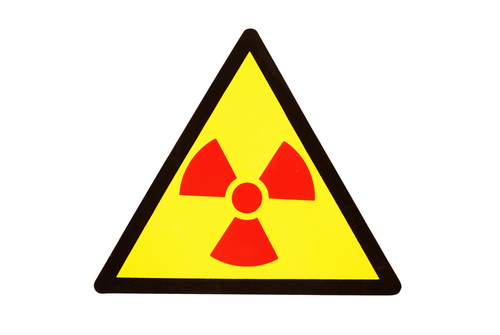The US Food and Drug Administration (FDA) has recently approved Axumin, an injectable radioactive diagnostic agent used to detect recurrent prostate cancer.
Axumin (marketed by Blue Earth Diagnostics, Ltd., Oxford, United Kingdom) is indicated for positron emission tomography (PET) imaging in patients previously treated but who are suspected to have recurrent disease based on elevated levels of the prostate specific antigen (PSA).
“Imaging tests are not able to determine the location of the recurrent prostate cancer when the PSA is at very low levels,” said Dr. Libero Marzella, director of the Division of Medical Imaging Products in the FDA’s Center for Drug Evaluation and Research in a recent press release. “Axumin is shown to provide another accurate imaging approach for these patients.”
The FDA approval was based on the results of two efficacy and safety clinical trials of Axumin scans in patients with supposed recurrent prostate cancer. In the first trial, 105 Axumin scans were compared with the histopathology samples from prostate biopsy as well as biopsies of suspicious imaged lesions in patients with suspected recurrent disease.
In the second trial, the team of researchers examined 96 Axumin scans with C11 choline scans in men with a median PSA of 1.44 ng/mL. For both trials, the scans were read by on-site radiologists, and then three neutral radiologists read the same scans in a blinded fashion.
Overall, results of the independent scan interpretations were coherent and confirmed the results of the on-site readings, validating Axumin as an effective agentUS for prostate cancer imaging.
Axumin is a radioactive drug and so it should be carefully handled with strick safety measures to minimize the exposure to radiation. Some Image reading errors are possible to occur with Axumin PET imaging, with a negative image not ruling out the existence of recurrent prostate cancer and a positive image not totally confirming the its presence. It is recommended clinical correlation with histopathological assessment of the suspected recurrence site.
The most common Axumin-related adverse reactions include injection redness, site pain and a metallic taste.

